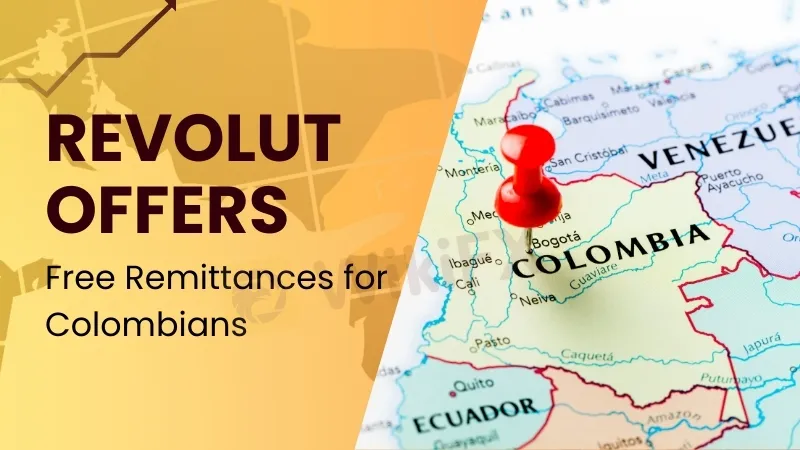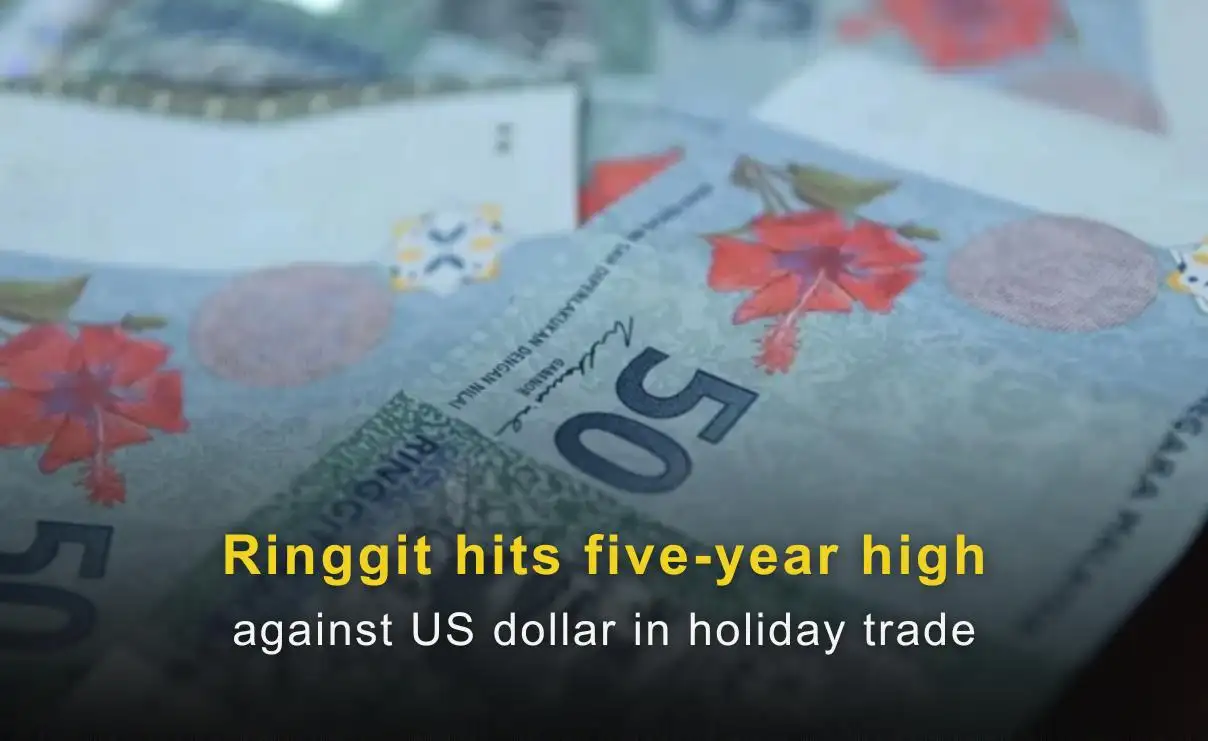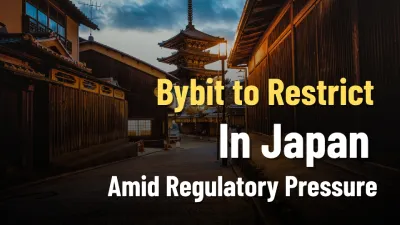NFA Files Complaint Against Forex Wizard Japan
NFA charges Forex Wizard Inc. and Mitsuaki Kataoka with undisclosed forex pool operations, delayed withdrawals, and misleading regulatory claims.
简体中文
繁體中文
English
Pусский
日本語
ภาษาไทย
Tiếng Việt
Bahasa Indonesia
Español
हिन्दी
Filippiiniläinen
Français
Deutsch
Português
Türkçe
한국어
العربية
Abstract:Revolut aims to enhance its presence in Colombia by offering free remittances and applying for a banking license, targeting consumers and businesses alike.

Revolut, a British fintech business, is expanding its presence in Colombia by asking for a banking license. This initiative aims to increase its services throughout Latin America and meet the rising need for new financial solutions.
Revolut, which is worth $45 billion, has already obtained a banking license in the United Kingdom and expects to get one in Colombia within the next two years. It has previously expanded into Latin America, beginning in Brazil and receiving a banking license in Mexico in April.
Diego Caicedo, Revolut's national manager, announced intentions to recruit 30 to 50 people and spend roughly 150 billion pesos (around $35.64 million) to support the licensing application. Caicedo, who joined Revolut in August after running fintech startup KLYM, underlined the need for a strong local presence to better support clients.
Initially, Revolut intends to provide services such as fast money transfers and multi-currency accounts to consumers, freelancers, and small company owners. The objective is to provide a diverse set of financial solutions customized to the demands of Colombian clients.

Revolut is working closely with Colombian regulatory authorities to guarantee full compliance, which is critical for delivering its entire range of financial services once the banking license is granted.
Colombia is a critical market owing to the increasing demand for remittance services. Revolut intends to distinguish out by providing free transfers from nations such as Spain, Mexico, and the United States, addressing the average 6% cost paid for transferring $200 in remittances, according to World Bank research.
Related News:
Although Revolut confronts competition from fintech behemoths such as Nubank and conventional banks, Colombia's development potential is significant. Caicedo views Colombia as a market with “tons of potential,” and is certain that Revolut can provide lower-cost services that appeal to local customers.
Stay updated on Revoluts expansion into Latin America and its plans to bring innovative financial solutions to Colombia. Read more about this development and other fintech news on WikiFX!

Disclaimer:
The views in this article only represent the author's personal views, and do not constitute investment advice on this platform. This platform does not guarantee the accuracy, completeness and timeliness of the information in the article, and will not be liable for any loss caused by the use of or reliance on the information in the article.

NFA charges Forex Wizard Inc. and Mitsuaki Kataoka with undisclosed forex pool operations, delayed withdrawals, and misleading regulatory claims.

The Malaysian ringgit extended its rally, reaching a five-year high against the US dollar, trading in a narrow range of RM4.04-RM4.05.

Crypto exchange Bybit will limit access for Japanese users in 2025, citing compliance with strict local regulations.

The first batch of victims involved in the BSN investment scam has received full refunds from Bank Simpanan Nasional (BSN), according to Sarawak DAP chairman and Stampin MP Chong Chieng Jen.
